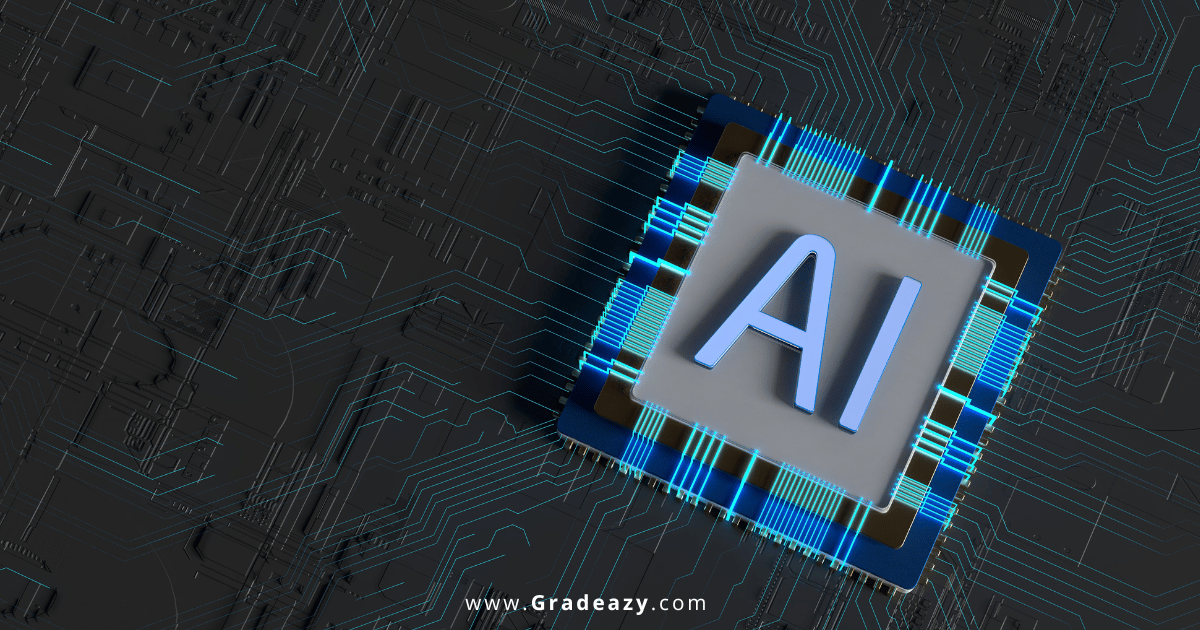The landscape of assessments is undergoing a seismic shift. Driven by advancements in artificial intelligence (AI), automation, and data analytics, modern evaluation methods are moving beyond traditional pen-and-paper tests. These technologies are not only transforming how assessments are conducted but also revolutionizing how learning and skills are understood.
1. AI in Assessments
AI technologies are redefining the assessment process by enabling personalized evaluations, adaptive testing, and intelligent feedback.
Personalization: AI tailors assessments to individual learners by analyzing their strengths, weaknesses, and pace. Adaptive tests dynamically adjust the difficulty of questions based on the test-taker’s performance.
Intelligent Feedback: AI-driven systems provide detailed and real-time feedback, allowing learners to identify and address gaps in knowledge immediately.
Bias Mitigation: By leveraging vast datasets and algorithms, AI minimizes biases in grading and test design, ensuring a fairer evaluation process.
2. Automation in Assessments
Automation is streamlining testing processes, making them faster and more efficient.
Proctoring: Automated tools monitor online tests using cameras and behavioral analysis, ensuring integrity without human intervention.
Grading: Subjective and objective assessments can now be graded automatically, reducing manual workload and errors. For example, essays are analyzed for structure, grammar, and argument strength using AI-driven language models.
Test Delivery: Automated platforms simplify the distribution, scheduling, and collection of assessments, saving time for educators and administrators.
3. Analytics in Assessments
Data analytics offers unprecedented insights into learning and performance.
Performance Metrics: Advanced analytics track individual and group progress, highlighting trends and areas needing improvement.
Predictive Insights: By analyzing past performance, data models can predict future outcomes, helping educators intervene proactively.
Institutional Insights: Analytics enable schools and organizations to evaluate program effectiveness and align learning strategies with desired outcomes.
4. Benefits of AI, Automation, and Analytics
Efficiency: Time-consuming tasks like grading and proctoring are automated, allowing educators to focus on teaching.
Accuracy: Human errors in test creation, grading, and analysis are significantly reduced.
Inclusivity: AI and analytics provide tools to accommodate diverse learners, including those with disabilities.
Scalability: Large-scale assessments can be conducted seamlessly, even across global audiences.
5. Challenges and Ethical Considerations
As transformative as these technologies are, they come with challenges:
Data Privacy: Collecting and analyzing assessment data raises concerns about security and compliance with regulations like GDPR.
Algorithm Bias: AI models must be designed to avoid perpetuating biases present in training data.
Accessibility: Not all institutions have the resources to adopt AI and automation technologies.
Conclusion
AI, automation, and analytics represent the future of assessments, offering opportunities to improve efficiency, fairness, and personalization. As these technologies continue to evolve, they promise to create a more inclusive and data-driven approach to learning and evaluation. Institutions and organizations that embrace these advancements will lead the way in shaping the next generation of education and skills development.

